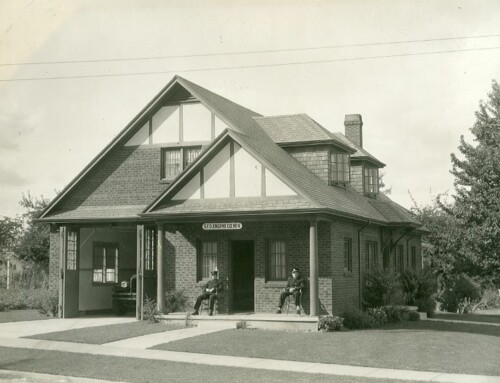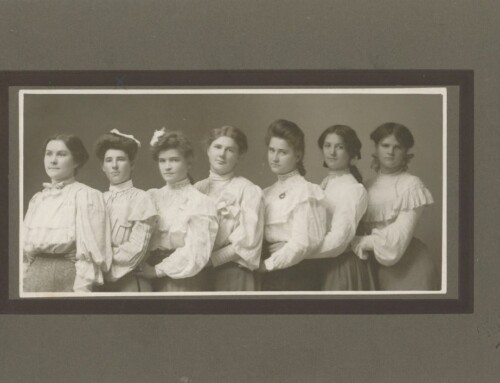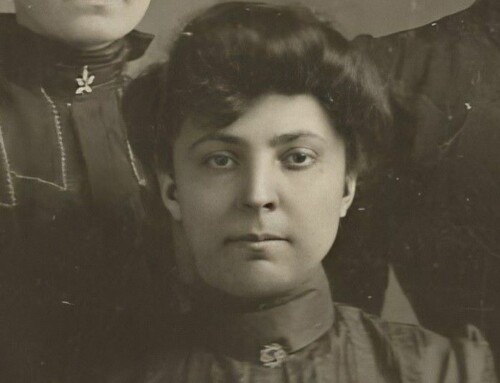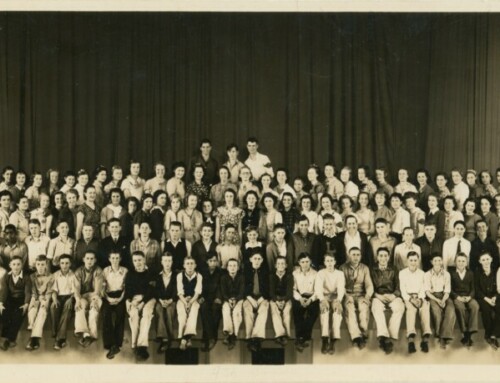 “This Spring discriminating men are turning to Friendly Five Shoes for the best in footwear. Their superior quality and style leadership plus the fact that every pair sells for five dollars is the reason. You too, will learn that they are indeed fine shoes for less. Try a pair.”
“This Spring discriminating men are turning to Friendly Five Shoes for the best in footwear. Their superior quality and style leadership plus the fact that every pair sells for five dollars is the reason. You too, will learn that they are indeed fine shoes for less. Try a pair.”
Friendly Five shoes were a brand developed by the Jarman Shoe Company founded in 1924 by James Franklin Jarman and William Hatch Wemyss, both former salesmen for the Carter Shoe Company in Nashville, Tennessee. The shoes were made of genuine calf or kid leather and billed as “friendly to the feet.”
“When you try on your next pair of Friendly Five Shoes, notice these three points: The lasts are trim and correct, the patterns are tailored and smartly designed, and every piece of leather is of exceptionally high quality.
Shoemaking is only half their job – the other half is to design styles so correct and so comfortable that the man who wears Friendlies not only looks his best but feels his best.”
Walton Maxey Jarman, son of James, soon joined the company, dropping out of MIT to do so. Maxey, as he was known, first worked a year at the Nashville plant as a laborer earning $10 a week, then began selling the company’s product. Maxey didn’t want to be an electrical engineer, but he did want to build something. In 1933, at age 29, he got his chance. The senior Jarman made Maxey company president and moved up to chairman. Maxey changed the company name to General Shoe Corporation (GENESCO) and despite the troubled economy of the Depression, started moving the company into shoe retail. He took this step since many shoe stores simply were not interested in more shoe brands, and he saw stores owned by General Shoe as the best way to distribute the company’s footwear.
Maxey established four retail chains, bought a tanning plant in Michigan, and to keep everything in-house, began producing shoe boxes. Through a subsidiary, he provided the manufacturing plants with cement, chemicals and finishes. Maxey became chairman in 1938 upon his father’s death, and in 1939 he took the company public, offering 150,000 shares at $15.25 a share.
The early 1930s was a tough time in America, with unemployment topping 25%, money extremely tight, and jobs often few and far between. Radio was a boost to everyone’s morale. From 1930-1932, Friendly Five sponsored a radio show titled Friendly Five Footnotes first on Thursdays at 7:45 pm and later on Fridays at 9:45 pm. The host was a character identified only as “Friendly Fred,” who tap-danced to the theme I’ve Got Five Dollars. The orchestra, in reality the Freddie Rich band, was billed as The Friendly Five Orchestra. Aviation news was given by Casey Jones, vice president of the Curtis-Wright Corporation.
“That youthful step…
Have you ever noticed that some men have a step and carriage much younger than their actual years?
There are two reasons for that and shoes are the basis of both – he is proud of his successful appearance, and he feels fit.
Friendly Five Shoes have that style that adds to any man’s appearance regardless of his age.
Friendly Five Shoes have a comfort that makes you feel fit regardless of your age.
So, whether you are seventeen or seventy,
$5 all styles”
Bandleader Freddie Rich had the authority and budget to hire the best musicians of the time for the programs he supervised – and, with Friendly Five Footnotes, he did just that, staffing his band with legendary musicians such as trombonist Tommy Dorsey and his clarinet-playing brother Jimmy, guitarist Eddie Lang, jazz violinist Joe Venuti, and the multi-talented Adrian Rollini on xylophone and saxophone. For vocals, Rich engaged Elmer Feldkamp, who had sung on many of Rich’s studio recordings; due to a recording contract, on the series, Feldkamp would be referred to only as “Friendly Fred.”
Listen here to bring the Friendly Five Shoes tapping into your living room…
In Salem the place to buy Friendly Five shoes was the Bishop Clothing and Woolen Mill store at 145 Liberty St. as seen in the photo above. Mr. C.P. Bishop the owner, is shown modeling a pair.







Leave A Comment